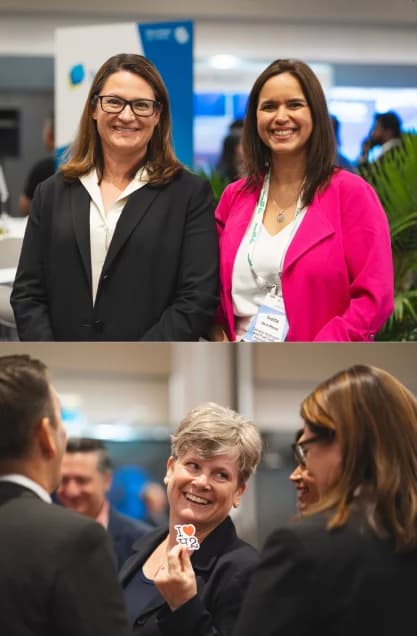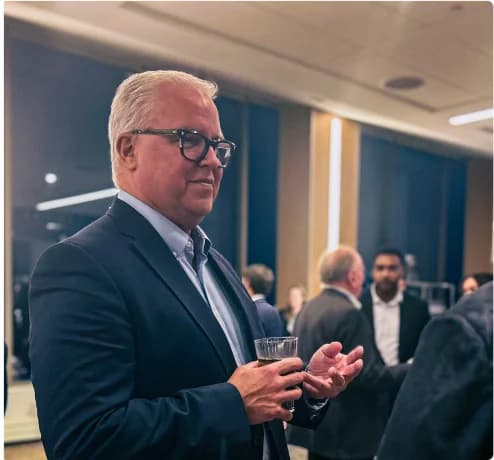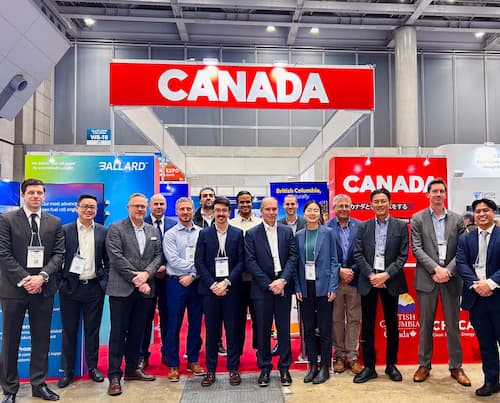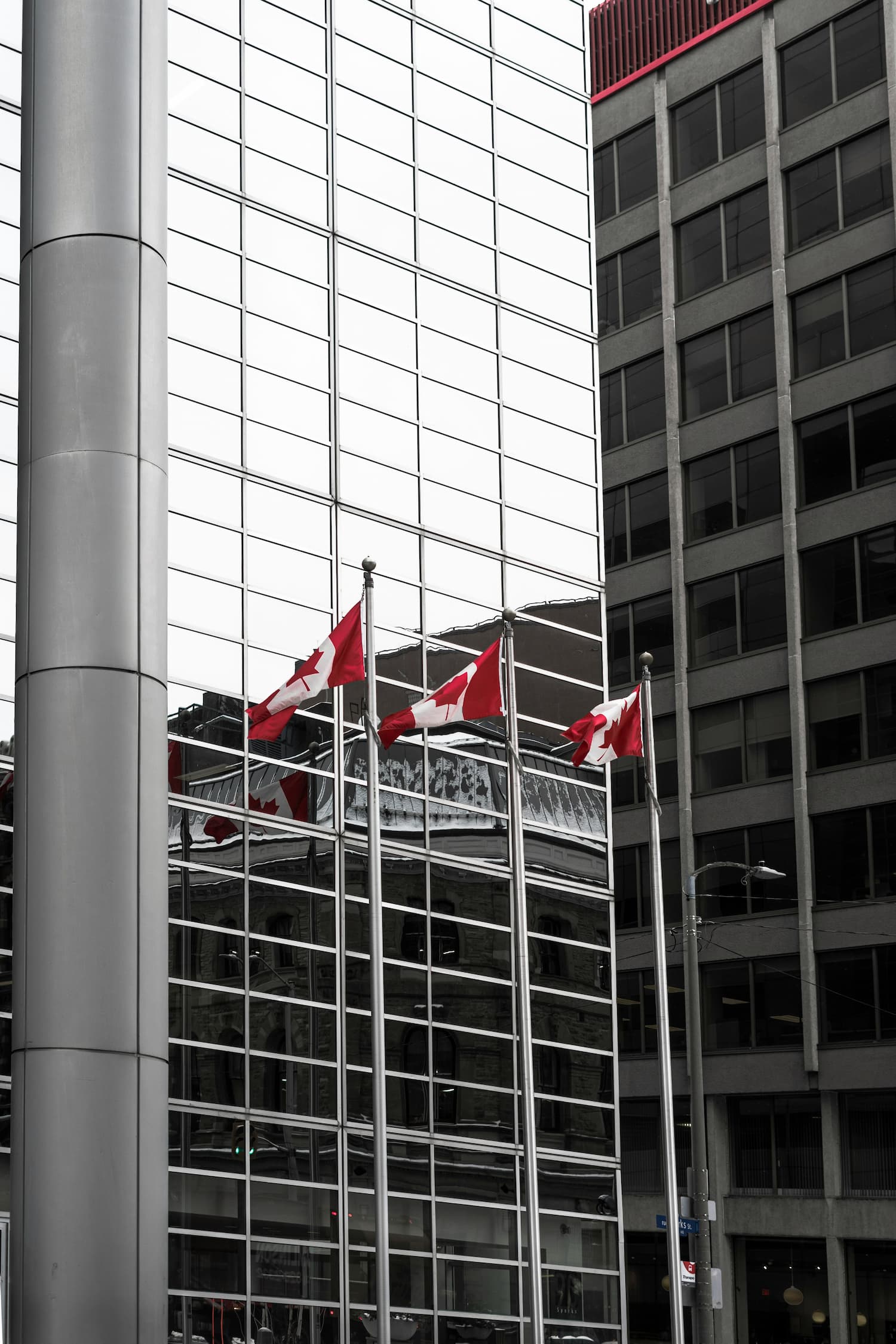
Representing Canadian Hydrogen
Our mission is to champion the Canadian hydrogen sector and accelerate the adoption of our members’ products and services, in Canada and abroad.
Become a memberTHANK YOU TO OUR SPONSORING MEMBERS




The Voice of Canada's Hydrogen Sector

ADVANCING net-zero
As the world shifts to sustainable solutions to achieve net-zero carbon emissions by 2050, the CHA works to advance the role of hydrogen and hydrogen technology solutions in Canada and abroad.

Our members
We represent nearly 200 organizations, from academia and municipalities to startups and multinationals in Canada's vibrant ecosystem. In collaboration with our members and provincial affiliates in BC, Alberta, and Ontario, we are working to support and grow Canadian sector through with advocacy, communications, government relations, networking and public awareness.

THE CANADIAN HYDROGEN ASSOCIATION IS A GROWING COMMUNITY
185+
Members With Us
50+
Years of Advocacy
180+
Events and Missions

Networking
Network with policymakers, ndustry and research leaders. Gain insights from theme-based webinars and workshops that facilitate information sharing. To view our membership, please visit our Member Directory page.

Advocacy
Communicate with key government stakeholders and rightsholders to influence decision making. Promote the development of meaningful policies and provide input on our requests for funding support for the sector.

Resources
Raise visibility through CHA’s website, publications, newsletters, social media, presentations, as well as speaking and interview opportunities. Gain access to exclusive sector research data and other intelligence.

Trade
Increase international sales and partnership opportunities by participating in trade missions in key markets. Receive event, exhibitor, and travel discounts to select international industry events and receive B2B matchmaking help from the CHA.
So, what are you waiting for?
Join today

